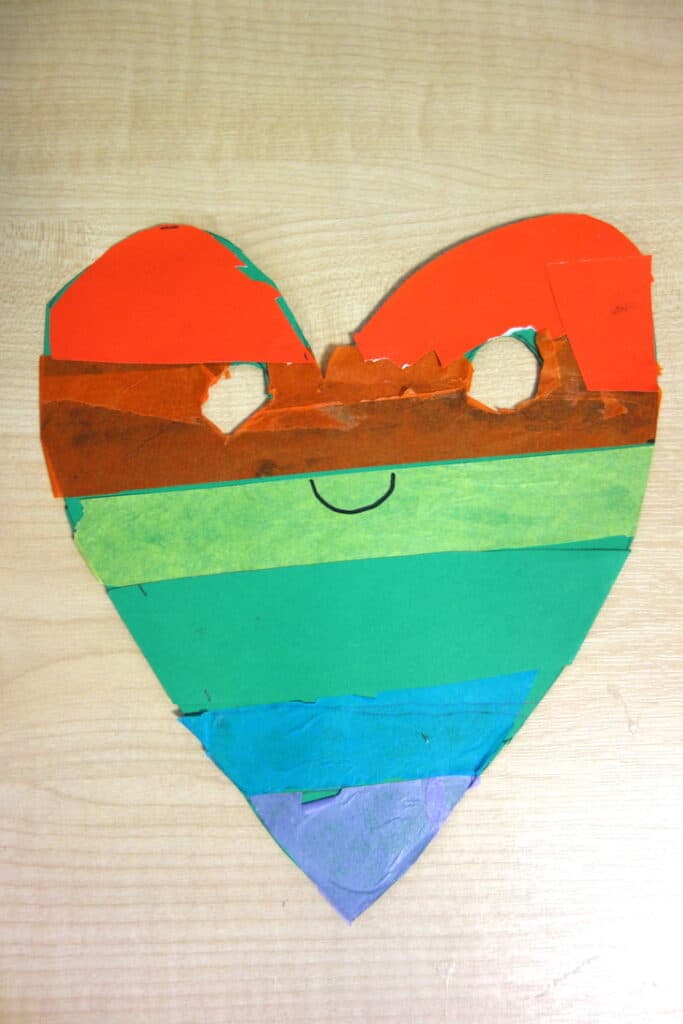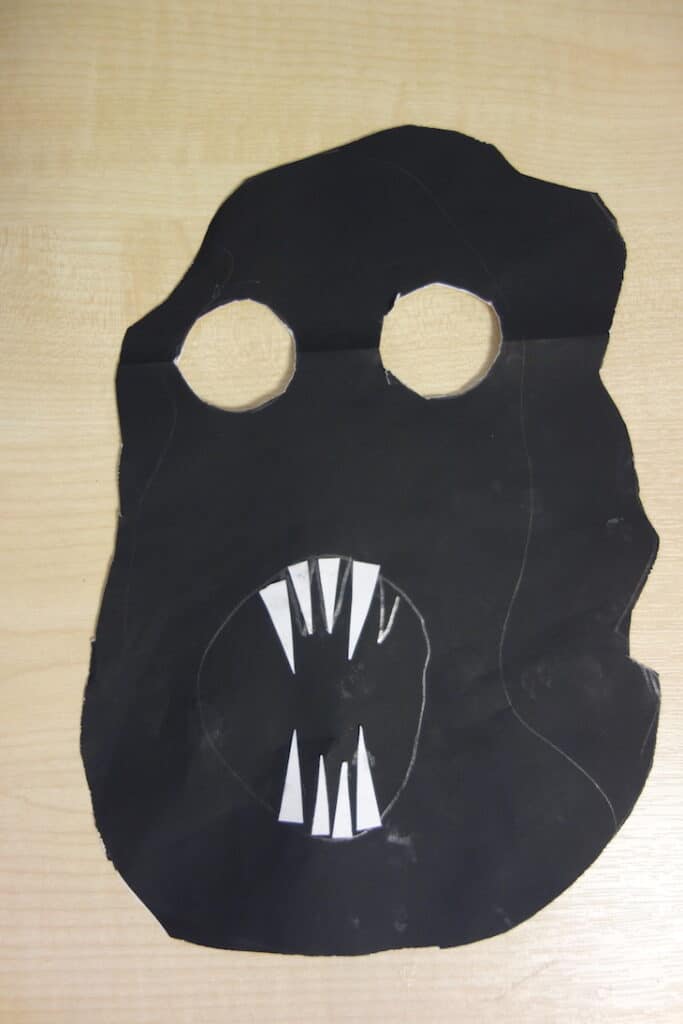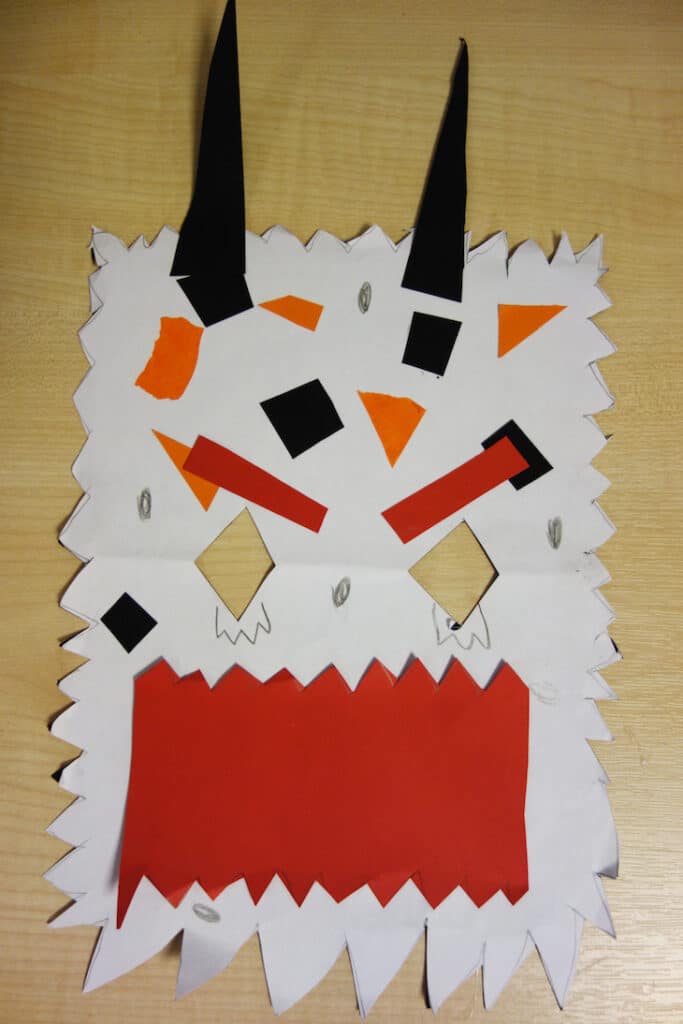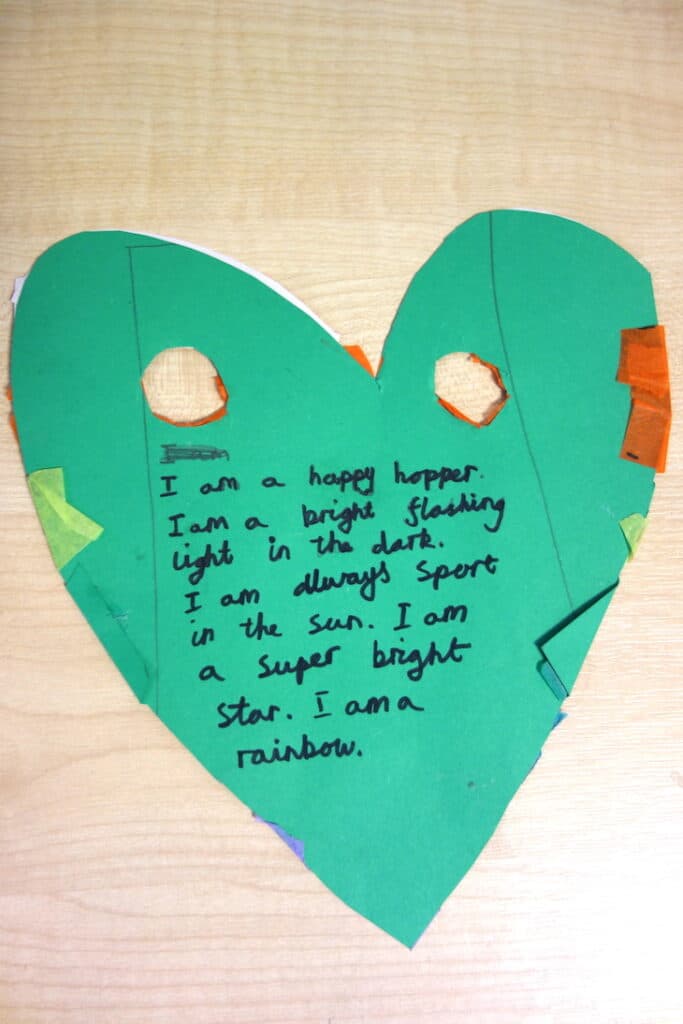Explore empathy with Wandsworth Libraries
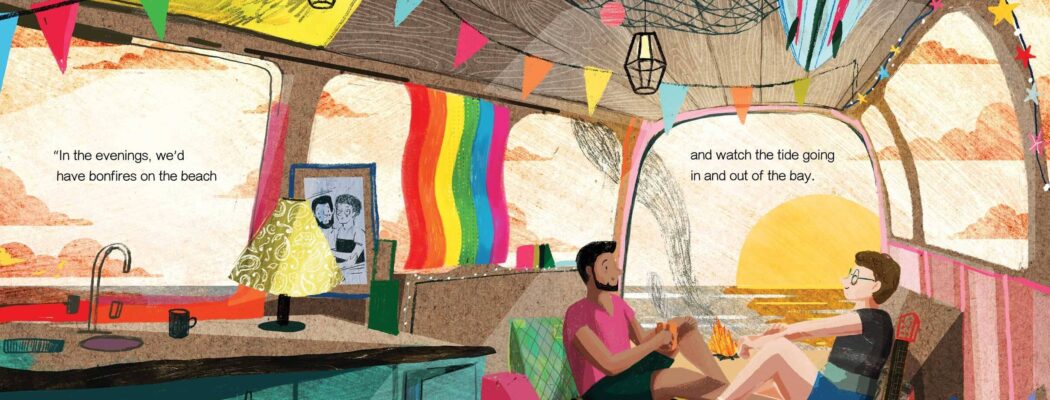
In celebration of this month’s SPINE festival at Wandsworth libraries, Lucinda Murray, Children’s Librarian at Balham Library, selects her seven favourite books that explore and enhance our capacity for empathy.
We at Wandsworth Libraries are really excited to be hosting SPINE Festival at Balham Library this year. SPINE Festival is for children, young people and families, and takes place both digitally and in-person throughout the month of June across libraries situated at the heart of London’s communities. In 2021, the festival’s theme is ‘EMPATHY’. We’ve been working with two amazing artists in residence – Linden Katherine McMahon and Victoria Fifield – who’ve been leading fantastic workshops for school classes and the public throughout the month. The workshops so far have been incredible, and, to celebrate, we’ve chosen seven of our favourite books on the subject of empathy to share with you.
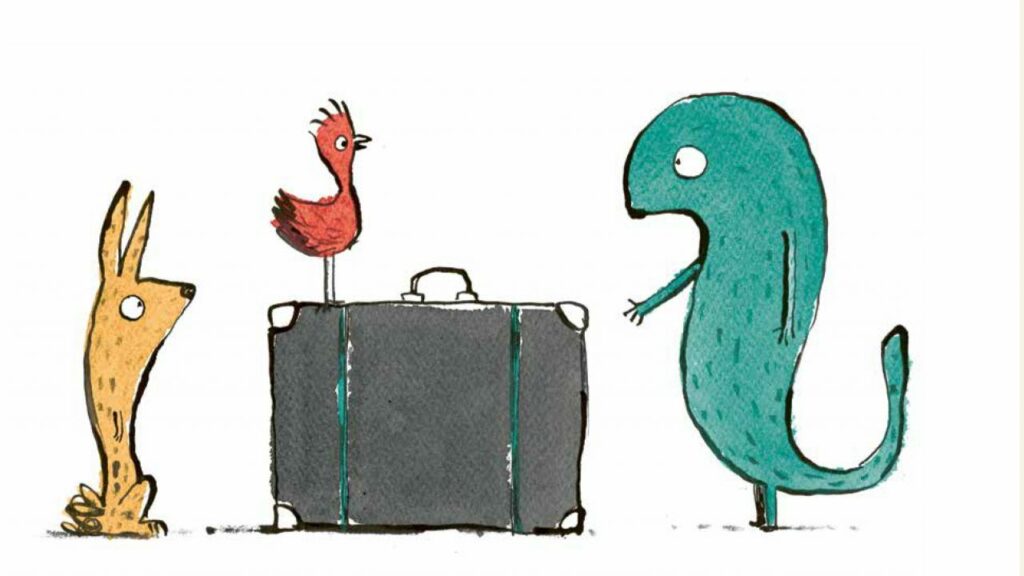
- The Suitcase by Chris Naylor-Ballesteros
In this beautifully realised picture book; a strange creature shows up with a suitcase which they say contains much more than it should be able to hold. The other animals are suspicious and slow to trust the new creature, but when they look inside the suitcase they change their minds. This picture book is a brilliant way of exploring empathy and the experience of refugees, and works wonderfully for pre-schoolers and KS1 readers.
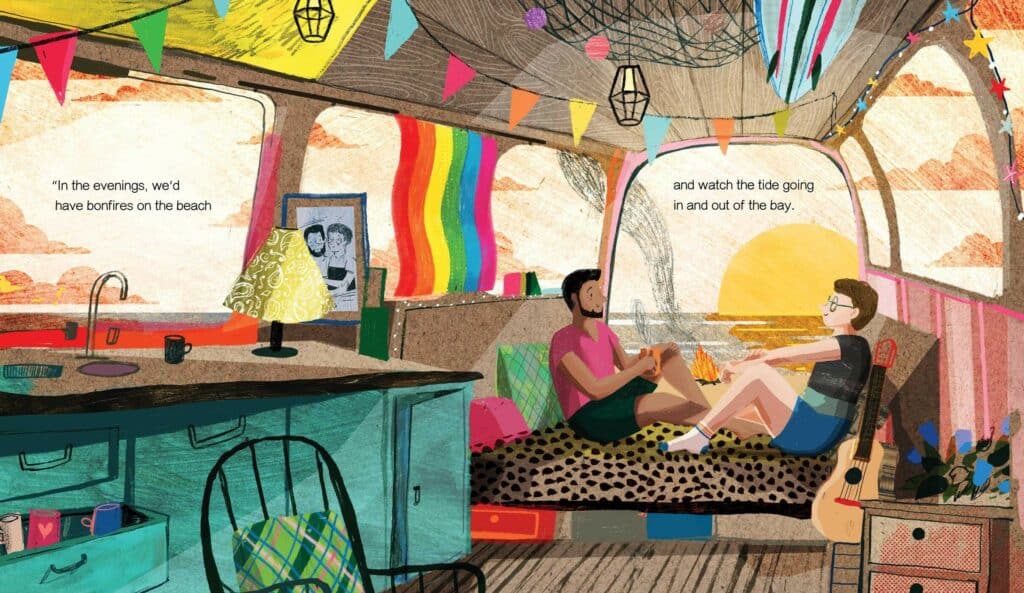
2. Grandad’s Campervan by Harry Woodgate
There’s something particularly special about intergenerational relationships and empathy, explored in this lovely picture book. After Gramps passed away, Grandad hasn’t used the camper van that they used to travel the world and adventure together, but when his grandchild visits she comes up with an idea to help him heal and keep his memories of Gramps alive. This book explores grief through joy, understanding, empathy and adventure, all while placing the focus on a beloved older gay couple.
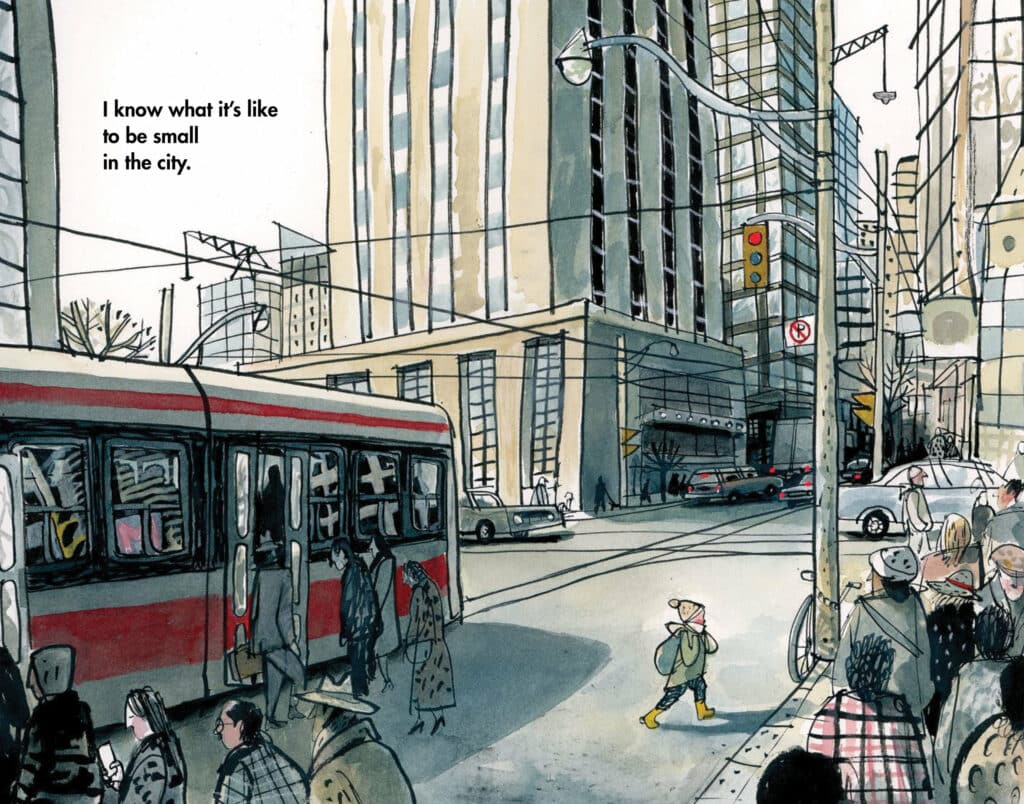
3. Small in the City by Sydney Smith
In this Kate Greenaway award-winning picture book, a small child narrates surviving a city in winter to the unknown reader. Explaining safe places to hide, warm spaces to curl up, and where to get food encourages the reader to think about who the book might be talking to and how young people can survive on the streets, while the eventual reveal that the subject of the story is a lost cat reminds us that we can empathise with all kinds of creatures, and how important having a home to return to is for everyone.
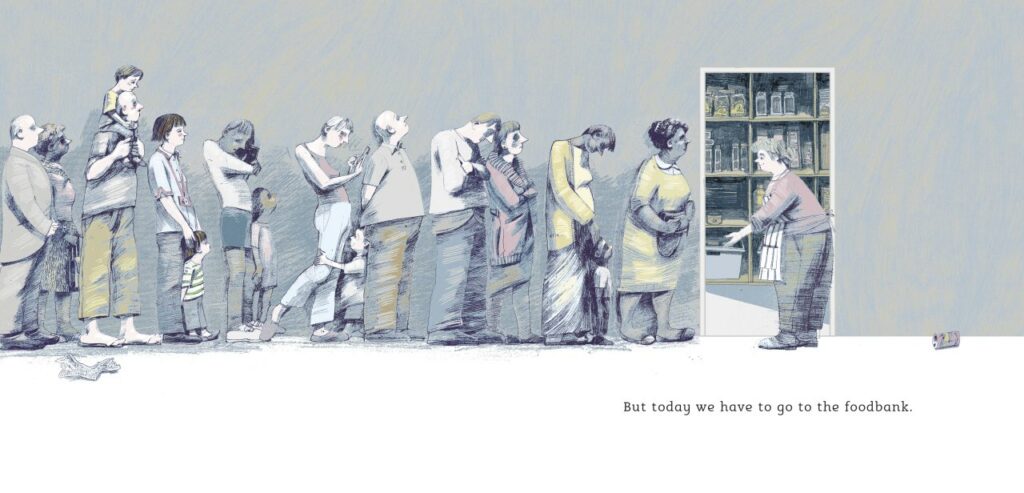
4. It’s a No Money Day by Kate Milner
In 2020-2021, approximately 2.5 million people found themselves having to use a foodbank to get by. This lovely picture book tells the familiar story of a Mum who works really hard, but today has no money left and no food in the cupboards, forcing the family to visit the local foodbank and depend on the kindness of others. The book encourages readers who haven’t had the experience of needing to use a foodbank to empathise with the millions who are struggling, and normalises and validates the experiences for those who have. The characters are drawn with warmth and love and the language is simple without being simplistic, creating a beautifully and sensitively realised picture book.
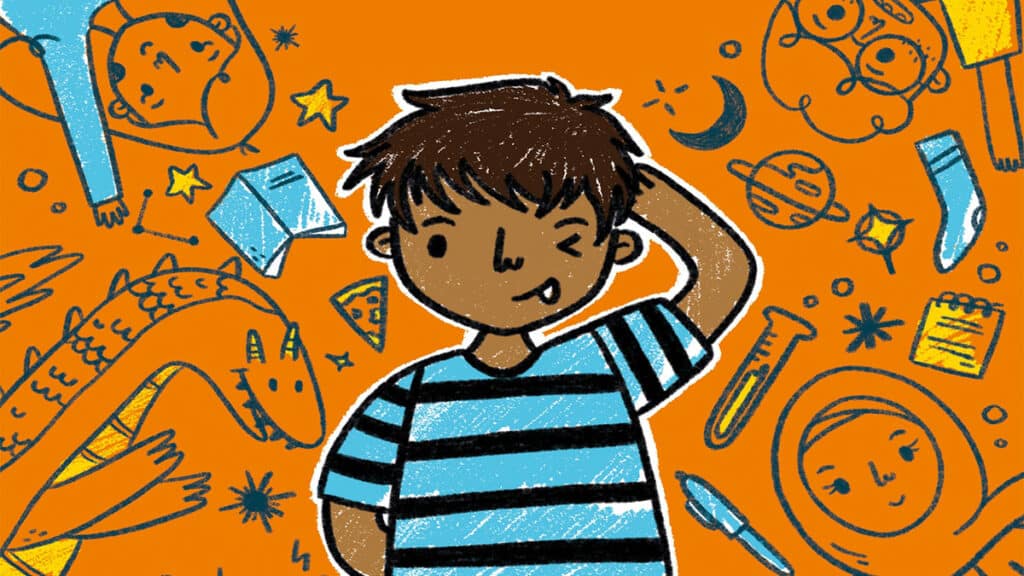
5. Planet Omar: Accidental Trouble Magnet by Zanib Mian
This hilarious book is perfect for fans of Tom Gates and Diary of a Wimpy Kid, telling the story in diary form of Omar and his Muslim family as they move into a new house and have to navigate winning over suspicious neighbours, settling into a new school, and more. The turning point in the book comes when Omar is asked to empathise with his neighbour’s problems as well, changing the way their new street sees the family and challenging Islamophobic narratives at the same time.
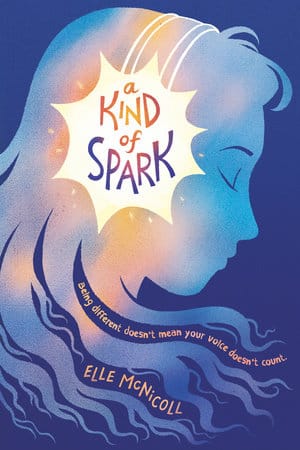
6. A Kind of Spark by Elle McNicol
“Other people’s minds are small. Your mind is enormous. It has room for everything and everyone.” When Addie, an autistic girl living in a village near Edinburgh, finds out about the witch trials that took place in her village, she immediately sees her own experiences in the way these women were treated and resolves to set up a memorial to them. Addie’s empathy is the driving force of this book – she sees and cares about others in ways that her community often fails to recognise – and A Kind of Spark asks readers to care too; about Addie, about the struggles autistic people sometimes face in a neurotypical world, and about everyone singled out and made to suffer for being different. Written for KS2 or middle grade readers, this book can – and should – be enjoyed by all ages!

7. The Last Bear by Hannah Gold
This middle grade debut is a brilliant reminder of the different forms that empathy can take – and that it’s not solely confined to humans. It tells the story of April, spending the summer on Bear Island with her scientist father, the bond she builds with the last polar bear left on the island, and the impact of climate change and plastic pollution on the world. Beautifully written and illustrated, The Last Bear is great for fans of Michael Morpurgo, and encourages readers to connect and empathise with the non-human world around them as well.


